
Published:
Readtime: 8 min
Every product is carefully selected by our editors and experts. If you buy from a link, we may earn a commission. Learn more. For more information on how we test products, click here.
More than 30 years after breaking into the video game industry, Hideo Kojima delivered a knockout. 2025’s Death Stranding 2: On the Beach, widely regarded as one of his best works, marked a milestone moment in the legendary video game designer’s illustrious career. In a rare interview, the auteur revealed his secret to constant creativity and why his games focus on connection.
What makes someone an auteur? Principally tied to the world of filmmaking, the term refers to a creator whose artistic vision and stylistic fingerprints are so distinctive that their work is instantly recognisable. Take David Lynch or Quentin Tarantino, for example—you know a Lynchian or Tarantino-esque film when you see one.
The label is often overused, but that’s not really the point here.
What’s more interesting is how the auteur has made its way into the relatively young world of video games. Increasingly, we see developers like Nintendo’s Shigeru Miyamoto, NieR’s Yoko Taro, Goichi Suda (aka Suda51), and Dark Souls‘ Hidetaka Miyazaki described as auteurs. These are artists whose personal style and philosophy seep through in the works they create.
But for me, the first auteur of gaming I encountered was Hideo Kojima.
Even if you’ve never played his games, chances are you’ve heard his name; whether in relation to the Metal Gear series (which culminated in 2015’s Metal Gear Solid V: The Phantom Pain, and was recently revived with Metal Gear Solid Δ: Snake Eater, notably made without Kojima’s involvement), or through the more recent Death Stranding titles.
But if you have played one of his games, you know it. Kojima’s signature style is unmistakable.
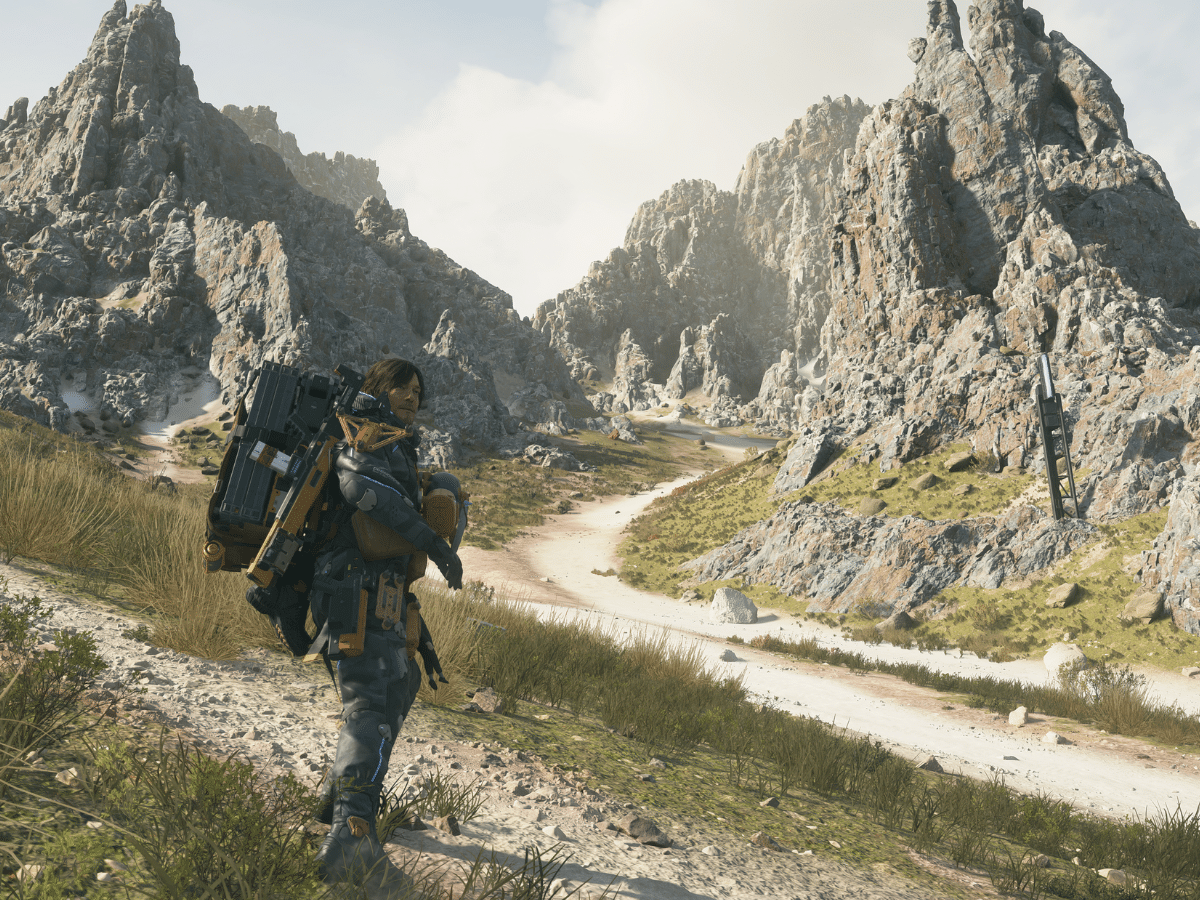
His works are tangled webs of deep-state conspiracies, self-referential humour, innovative gameplay mechanics, and high-concept world-building. And, at their core, they’re often eerily prescient commentaries on the direction of our real world.
Famously, 2001’s Metal Gear Solid 2 predicted the internet age, the rise of misinformation, the manipulation of ‘truth’ by powerful interests, and the existential risks posed by runaway artificial intelligence, presenting radical ideas for a game released before smartphones, social media, or the concept of ‘fake news’ had entered the mainstream. The jury’s still out on whether we’ll see bipedal walking nuclear tanks, though.
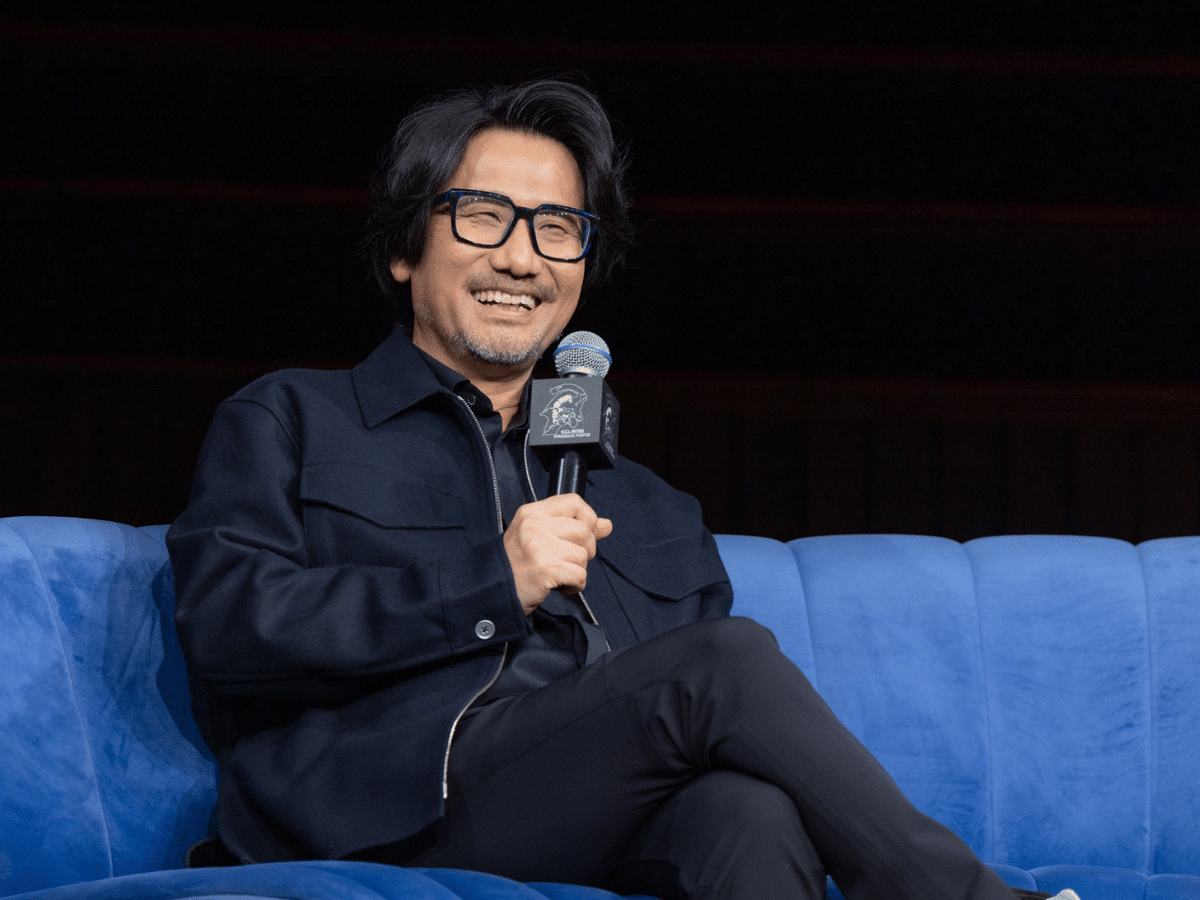
A Happy Accident
Death Stranding, Kojima’s first post-Metal Gear project, carries the same thematic weight.
After an acrimonious split with longtime publisher Konami, Kojima regrouped, assembled a small team and set out to redefine what a AAA game could be. With relatively limited resources, his team created a game not about conquest, but about connection and the effort required to maintain it.
Coincidentally, it arrived just months before the COVID-19 pandemic hit. A game about the impact of isolation and the act of reestablishing bonds across a shattered America, Death Stranding released into a world that was about to enter enforced lockdown. This wasn’t his trademark foresight, though, but a happy accident.
“I created a game about connections, and then COVID-19 came in and everyone was isolated. We all experienced at once, and we’ve overcome it. So, I think we’re a little stronger,” Kojima told Man of Many at a roundtable interview for Death Stranding 2.
“I’m always thinking about new projects. Even now, I have a lot of things I want to do… but [they’ll] take another three to four years to make. Will those ideas still be relevant by then?”
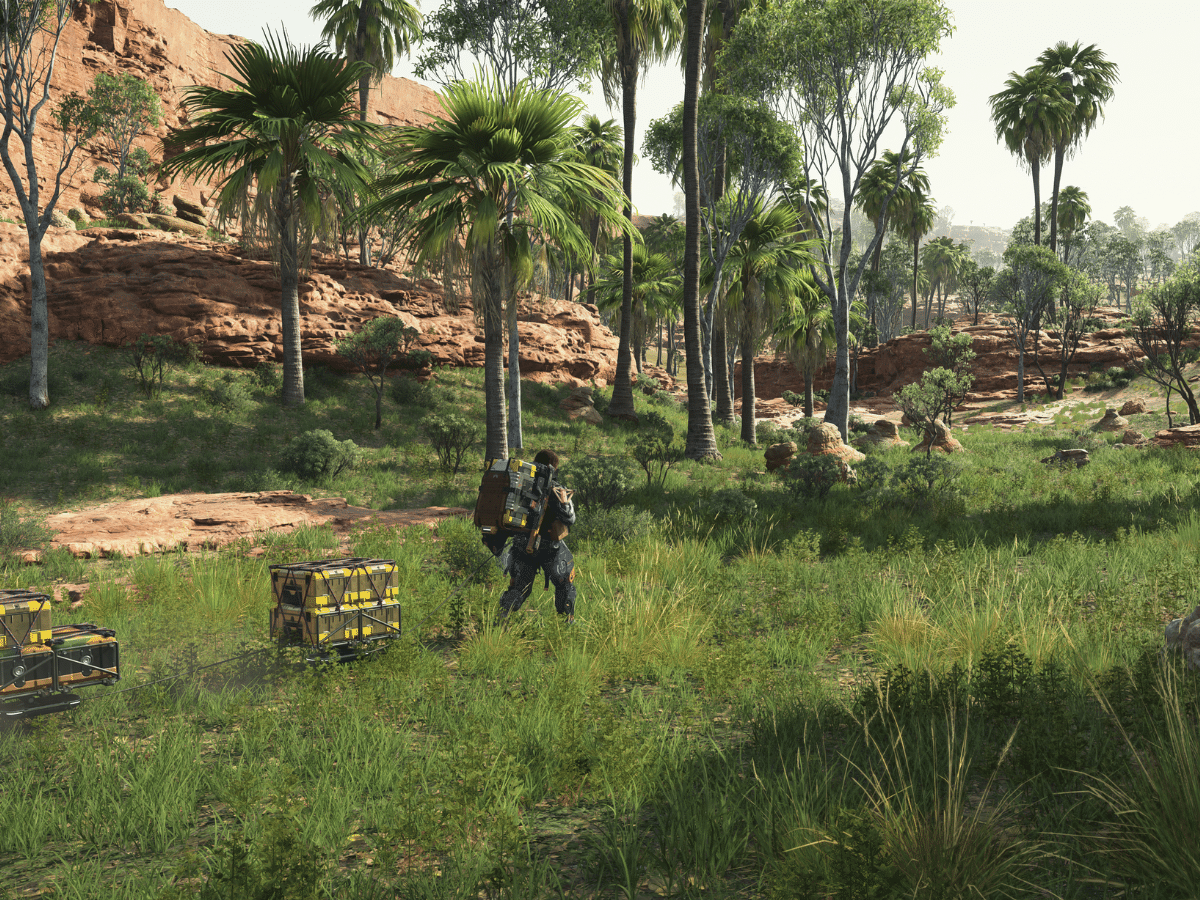
With the pandemic unfolding in real time, Kojima found himself rethinking what would come next. Though he already had an outline for a sequel, Kojima scrapped it and started over. As the world experienced the isolation his first game had envisioned, Death Stranding 2 became something more personal.
“It had gotten to a point where I almost gave up. But I came back, and feel like I reconnected with myself through this project.”
Released in early 2025 on PS5, Death Stranding 2: On the Beach feels like the most Kojima-esque game to date. It takes everything he’s known for and pours it all into a surreal, hand-crafted post-apocalyptic world.
Gone is the first game’s Nordic-inspired version of America; On the Beach trades it for an Australian wasteland. Fittingly, Mad Max creator George Miller makes a cameo—one of many Hollywood nods in a game filled with celebrity performances and full motion capture, another Kojima hallmark.
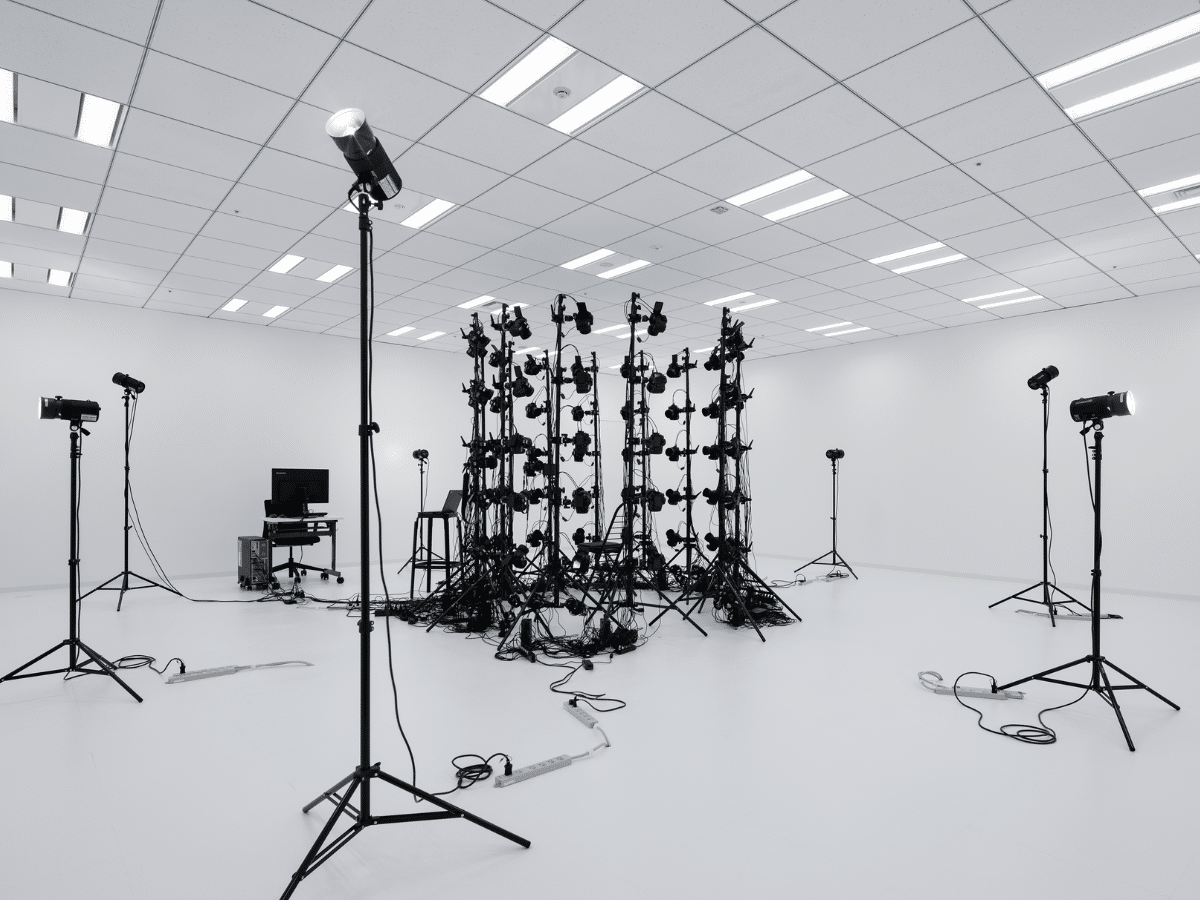
As someone who’s followed Kojima’s work since the original Metal Gear Solid, I’ve often wondered where his ideas come from: his games are usually subversive, and always unexpected. Turns out, he is just addicted to creating new ideas.
“Sometimes I see movies and get ideas,” he explained. “But sometimes it’s just from reading, or walking, or talking to people.
“It’s almost like a disease. I’m imagining things all the time. Even when I’m talking to my family, in my head I’m in a totally different world.
“A lot of people don’t understand that (but) I’m glad I have this job, because I’m free to imagine whenever I want.”
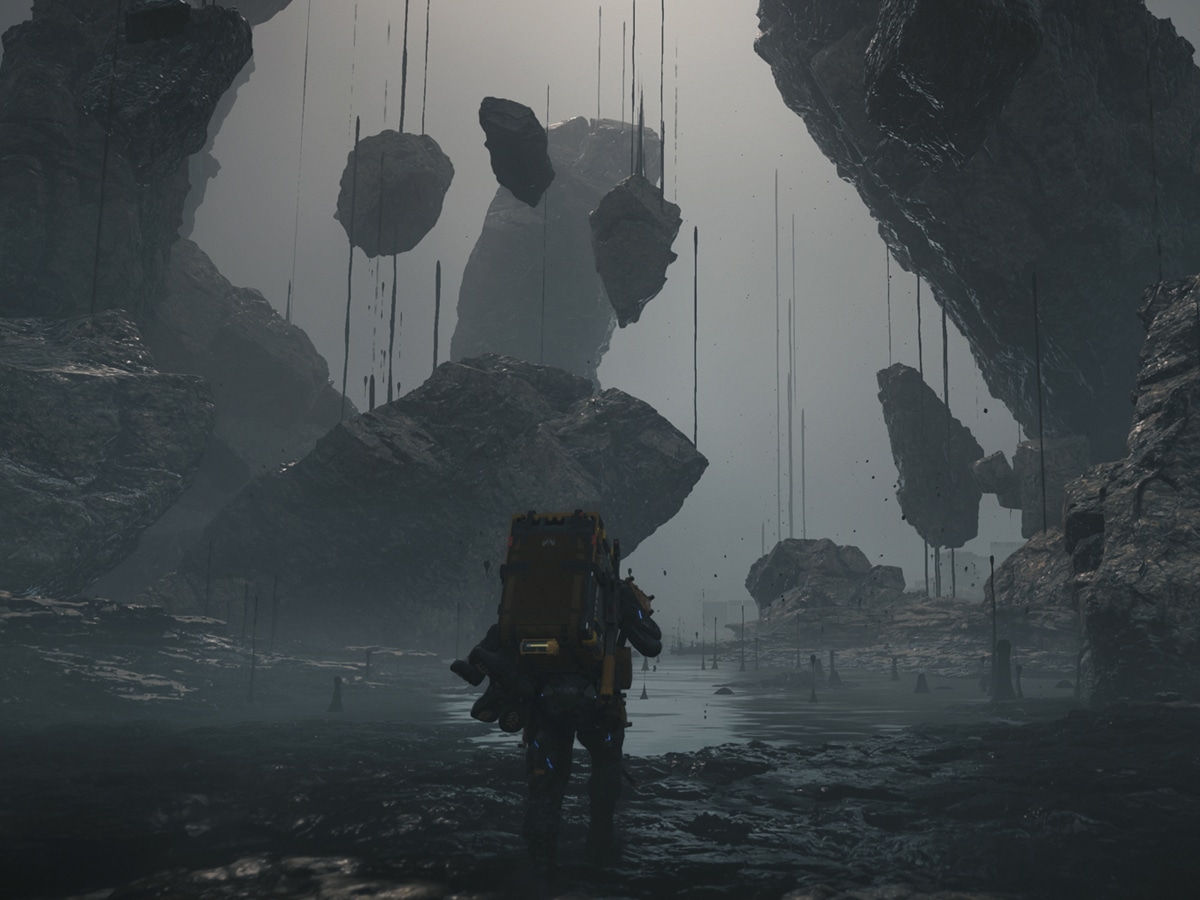
The Best is Yet to Come
You’d be forgiven for expecting Death Stranding 3 to be the next major title Kojima Productions will be working on, but you’d be wrong. Instead, in his trademark style, Kojima is zigging when you expect him to zag.
A24 will be delivering a Death Stranding film in the coming years, while an in-universe spin-off anime is also in production. Internally at Kojima Productions, though, it’s all steam ahead on the previously announced OD—an Xbox-backed cloud-based horror title made in collaboration with Jordan Peele that will seek to overdose you on horror.
While Kojima and horror might seem like an odd fit at first, keep in mind that, while still at Konami, Kojima released one of the most influential horror titles of the past decade in P.T., a ‘playable teaser’ for a game that never came to be and which Kojima undoubtedly has plenty of unrealised ideas from. P.T. was pulled from digital shelves by Konami quickly after releasing, but the teaser went on to influence dozens of horror games in the years following.
Beyond OD, Kojima Productions is also working together with Sony on Physint; a return to the stealth espionage action genre that defined his earlier work. That game has a long way to go, according to Kojima, who recently said he is still the only person actively working on it.
However, it’s unlikely that we’ll never get a Death Stranding 3. In fact, Kojima noted he has already written the concept for a follow-up game: he just isn’t likely to be the one who makes it. Instead, the 62-year-old recently noted that he has created a USB-stick filled with his ideas so that, if he was to pass away unexpectedly, his studio wouldn’t need to shut down.
“I gave a USB stick with all my ideas on it to my personal assistant, kind of like a will,” he recently said, according to IGN. “Perhaps they could continue to make things after I’m gone at Kojima Productions… This is a fear for me: what happens to Kojima Productions after I’m gone? I don’t want them to just manage our existing IP.”
I wonder how soon he’ll have to hand over a second USB, filled to the brim with new concepts.
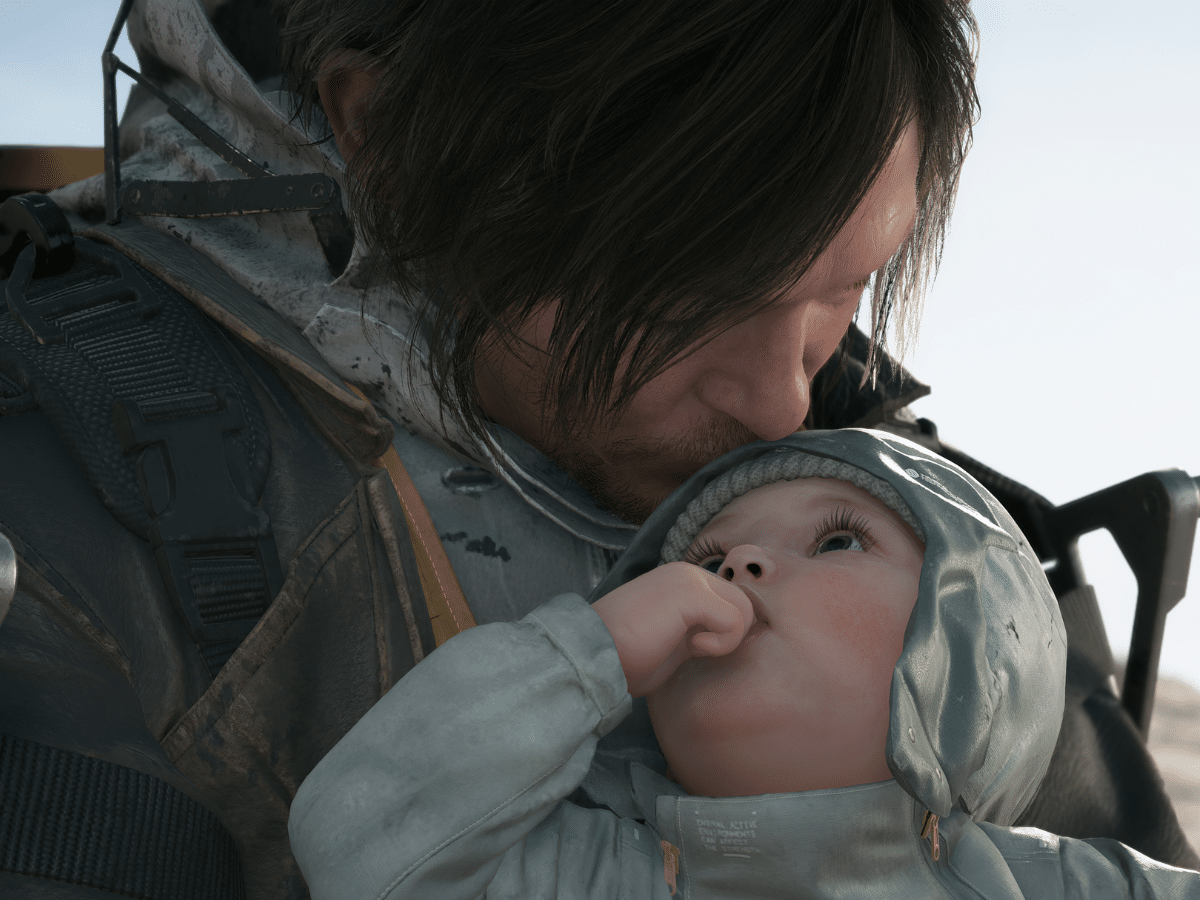
An Invitation to Connect
While Death Stranding makes it explicit, the theme of connection has always been at the heart of Kojima’s work. Sometimes it’s a warning about over-connection, surveillance, and the isolating effects of technology. But just as often, it’s an invitation to reach out to your fellow man.
“I’d love it if people can take the experiences they had in the game into their real lives,” he said. “, it’s a game where you can feel lonely, but you still have a system where you’re indirectly connected to other players all over the world. You don’t have to feel alone anymore.”
In a world more fragmented than ever, Kojima’s message is simple: even when we’re apart, we’re not alone. We just have to find ways to reconnect.
Death Stranding 2: On the Beach launched on 26 June, 2025, exclusively on PlayStation 5. The action-adventure game was written, produced, designed, and directed by Hideo Kojima, developed by Kojima Productions and published by Sony Interactive Entertainment
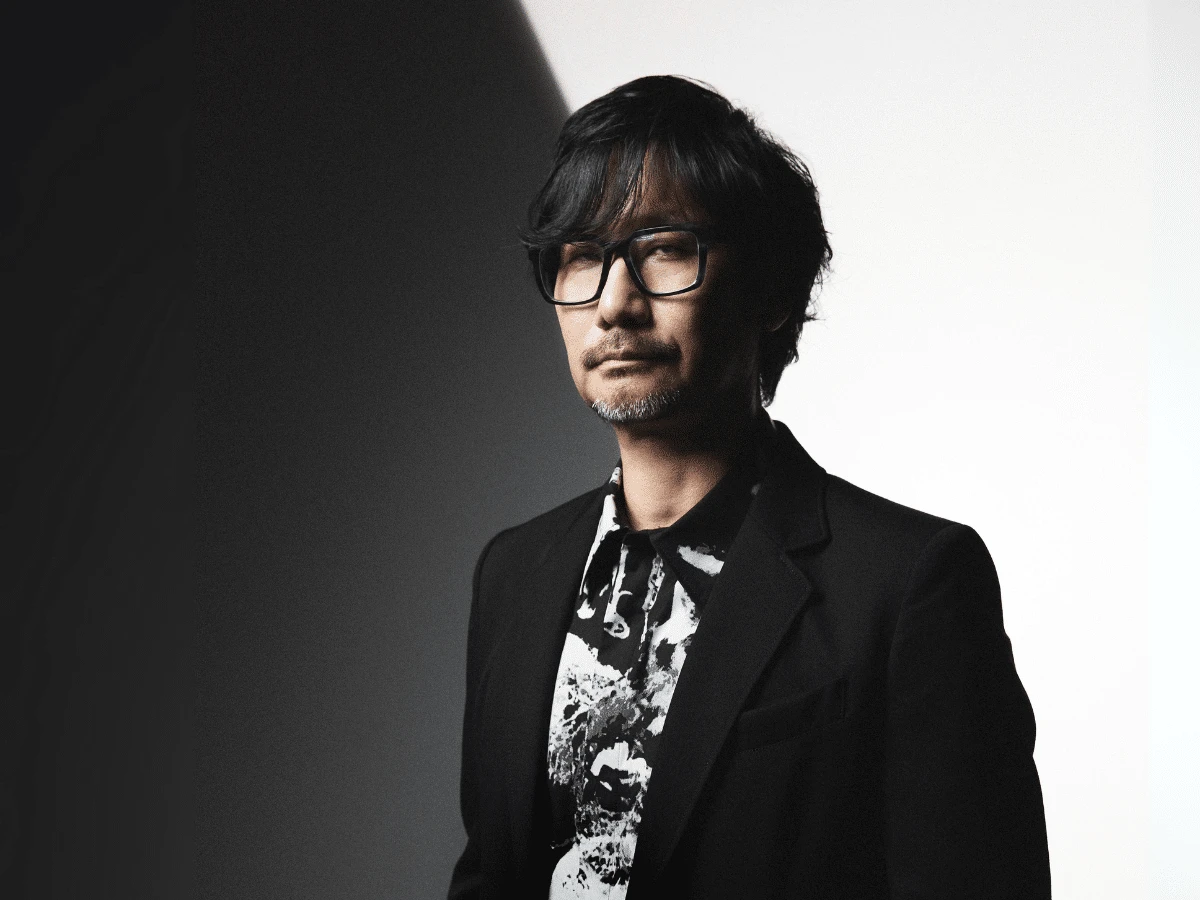
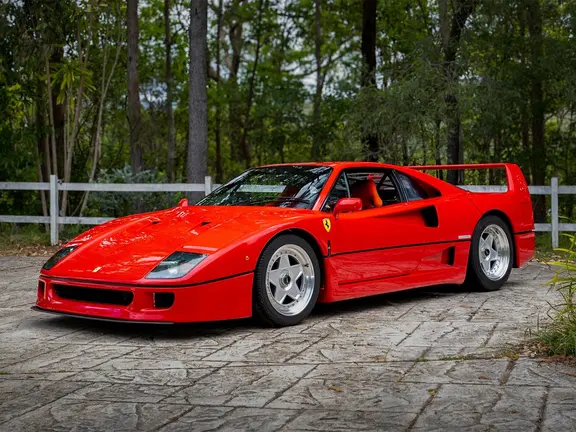
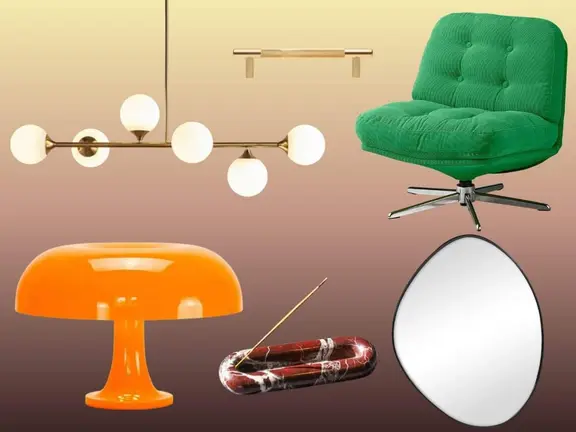

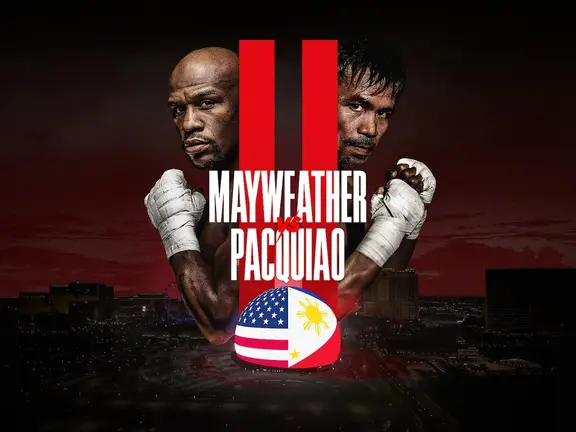



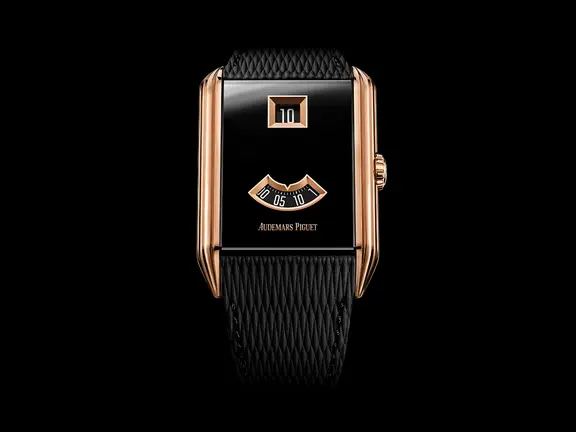
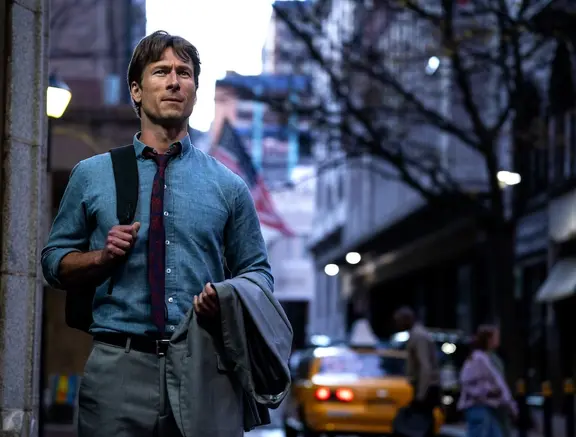
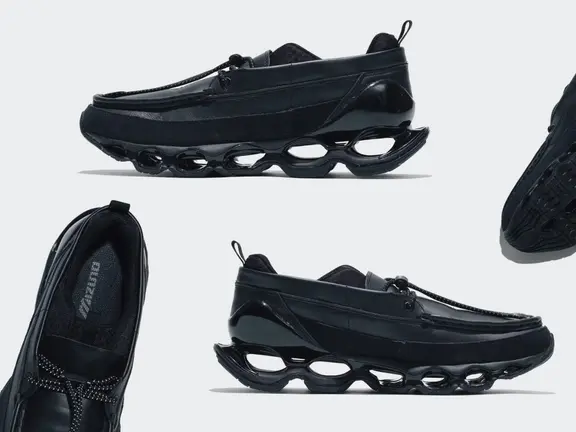

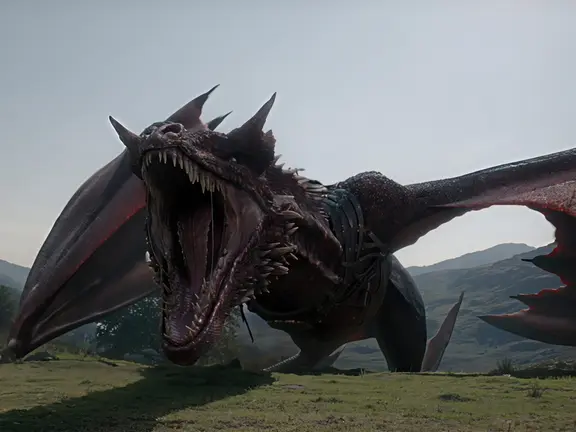


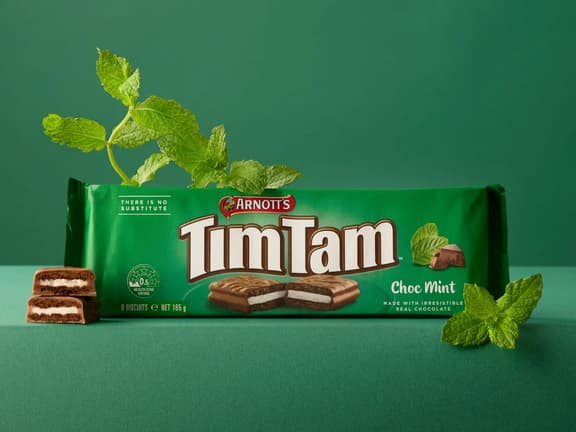




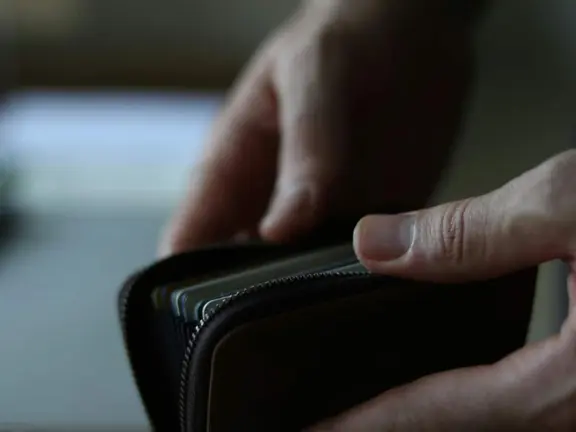

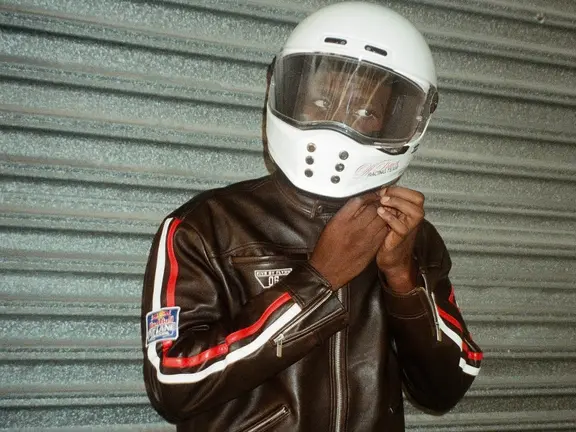






Comments
We love hearing from you. or to leave a comment.